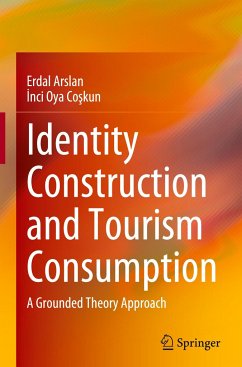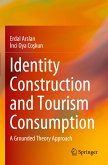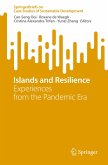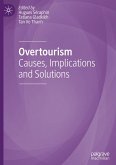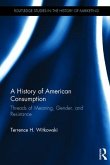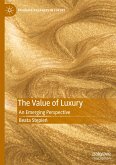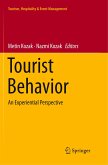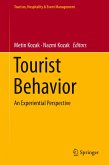This book explores how identity plays a pivotal role in tourism consumption. Almost all tourism-related consumption studies underestimate or refer inadequately to identity's relationship with tourism consumption. As identity phenomenon is considerably a new subject in the tourism literature, this book examines its relationship with the consumption theory. It is of interest to readers curious about how pre-, during, and post-consumption activities affect a person's identity and vice versa.
This book contains an analysis of consumption theories and a summary of literature identifying the phenomenon's evolution through pre-modern, modern, and post-modern periods. In this context, this book aims to enlighten the interactions between identity construction and tourism consumption. The grounded theory, one of the qualitative research approaches, was applied to accomplish the relevant purpose, and in-depth interviews were recruited following the method approach stagesto enable the researchers to gain new insights into the subject.
By presenting the identity tended tourism consumption model, this book provides a set of profound contributions to the relevant literature and insight for practitioners/decision-makers and entrepreneurs. This book attempts to clarify the tourists' consumption process and understand how the interactions between identity construction and tourism consumption work. The qualitative methodology (grounded theory) allows in-depth analysis and insights of the participants of the study on their definitions of themselves as human beings and as tourists, decisions on their travel plans, their considerations, motivations to travel and destination preferences, interactions with others, vacation activities, evaluations on their travel experiences, et cetera. Therefore, this book appeals to readers of marketing, business operations, sociology, and economics.
This book contains an analysis of consumption theories and a summary of literature identifying the phenomenon's evolution through pre-modern, modern, and post-modern periods. In this context, this book aims to enlighten the interactions between identity construction and tourism consumption. The grounded theory, one of the qualitative research approaches, was applied to accomplish the relevant purpose, and in-depth interviews were recruited following the method approach stagesto enable the researchers to gain new insights into the subject.
By presenting the identity tended tourism consumption model, this book provides a set of profound contributions to the relevant literature and insight for practitioners/decision-makers and entrepreneurs. This book attempts to clarify the tourists' consumption process and understand how the interactions between identity construction and tourism consumption work. The qualitative methodology (grounded theory) allows in-depth analysis and insights of the participants of the study on their definitions of themselves as human beings and as tourists, decisions on their travel plans, their considerations, motivations to travel and destination preferences, interactions with others, vacation activities, evaluations on their travel experiences, et cetera. Therefore, this book appeals to readers of marketing, business operations, sociology, and economics.

